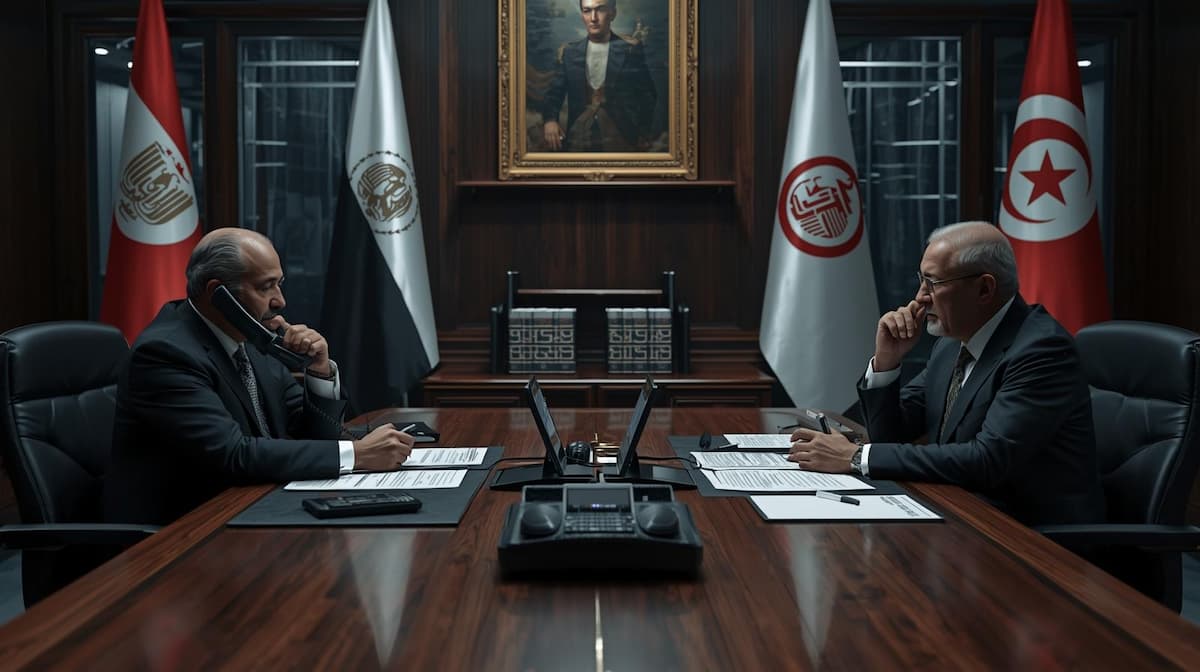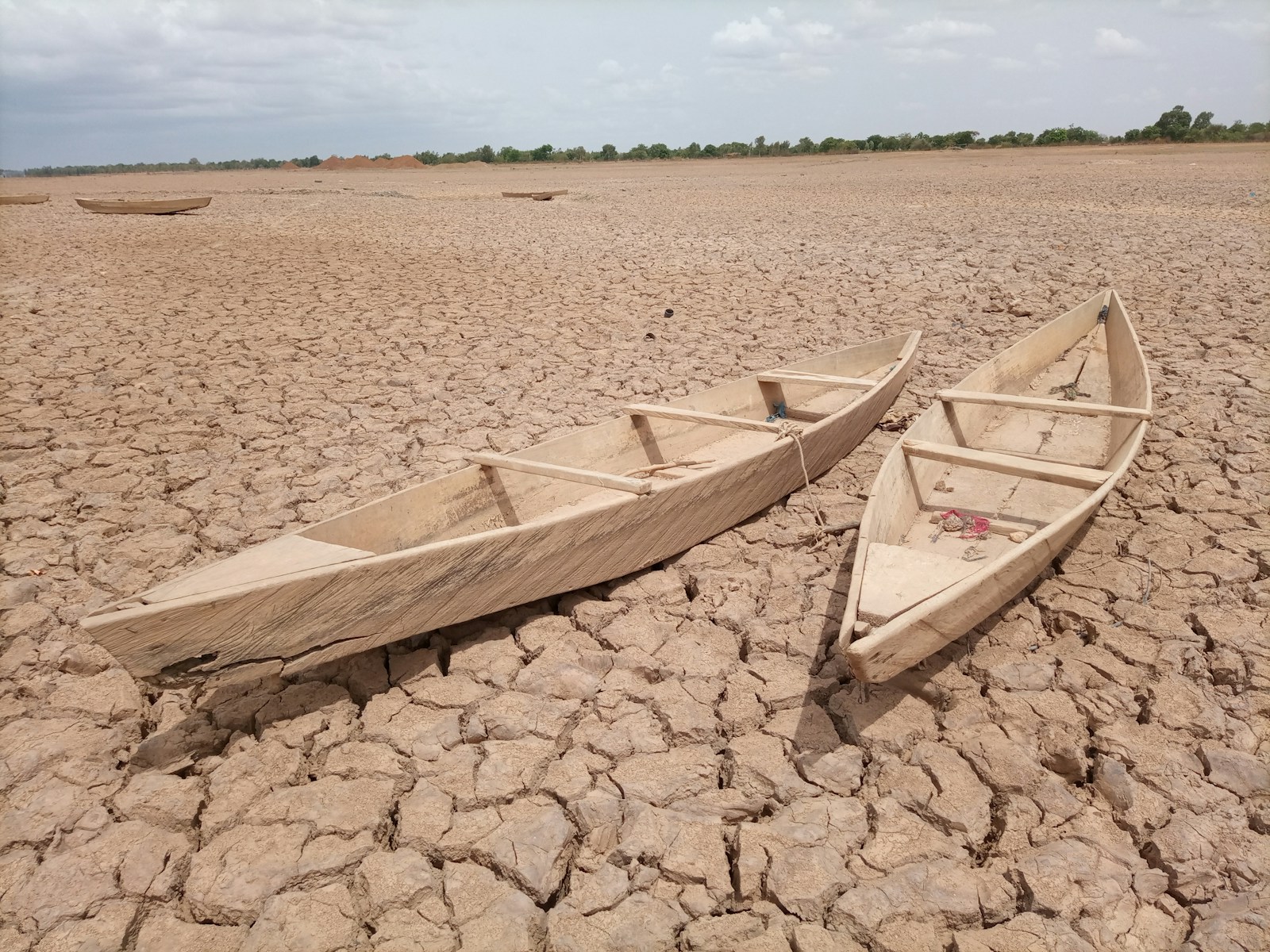Qatar Attack: 5 Urgent Warnings From African Union Leader
The recent Qatar Attack has prompted strong condemnation from the African Union Commission (AUC). The Chairperson emphasized the need for restraint and cautioned against any escalation that could destabilize the region. This incident highlights the fragile geopolitical environment and the importance of diplomatic solutions to prevent further conflict.
Qatar Attack: African Union Response
In response to the attack, the African Union released an official statement condemning violence and urging all parties to engage in dialogue. The AUC stressed that unilateral military actions could have far-reaching consequences, not only for the Middle East but also for international peace and security. Their response reflects a commitment to multilateral diplomacy and regional stability.
Qatar Attack: Calls for Diplomatic Solutions
The Chairperson of the African Union called for immediate diplomatic interventions to address the crisis. Mediation, negotiation, and peaceful conflict resolution were highlighted as essential strategies. The AU’s stance encourages global powers and regional actors to cooperate in defusing tensions and ensuring that the situation does not spiral into a larger confrontation.
Regional Stability Concerns
The Qatar Attack raises significant concerns about regional stability in the Middle East. Escalating tensions can disrupt trade, energy supply, and humanitarian aid, affecting millions of civilians. The African Union emphasized the importance of coordinated efforts with the United Nations and other international bodies to maintain security and prevent widespread instability.
International Cooperation Needed
The African Union stressed the necessity of international cooperation in addressing the fallout of the Qatar Attack. Engaging global organizations such as the United Nations and regional alliances ensures coordinated responses, humanitarian aid delivery, and the prevention of further escalation. Collaborative strategies can help de-escalate tensions and promote long-term peace.
Lessons and Future Precautions
One critical takeaway from the Qatar Attack is the need for proactive measures to prevent similar incidents. Countries in the region are encouraged to strengthen early warning systems, enhance diplomatic channels, and develop contingency plans. For detailed analysis on conflict prevention, visit United Nations Security Council.
Economic and Humanitarian Impact
The attack also has severe economic and humanitarian implications, affecting trade routes, energy markets, and civilian safety. Regional cooperation is essential to mitigate these effects. For related insights on crisis management, check our internal article on Middle East Crisis Management.
Media and Public Awareness
Media coverage of the Qatar Attack plays a crucial role in shaping public perception. Accurate reporting and responsible journalism help prevent misinformation, reduce panic, and support informed decision-making by policymakers. The African Union encouraged media outlets to prioritize facts and highlight diplomatic efforts to resolve the crisis.
Security and Defense Measures
Governments in the region have increased security measures following the Qatar Attack. Strategic border monitoring, enhanced intelligence sharing, and emergency preparedness plans are being implemented to reduce risks. Such proactive measures align with the AU’s call for coordinated action and regional stability.
Diplomatic Initiatives and Negotiations
Diplomatic initiatives are underway to mediate between the parties involved in the Qatar Attack. The African Union is facilitating dialogue and encouraging neutral third-party mediation to prevent further escalation. Constructive negotiations aim to establish trust, ensure compliance with international law, and maintain peace in the region.
Future Outlook
Looking ahead, the AU Chairperson emphasized vigilance and continued diplomatic engagement. While the Qatar Attack highlights vulnerabilities, it also presents an opportunity to strengthen regional cooperation, improve early warning systems, and reinforce international conflict resolution frameworks. Long-term stability depends on sustained dialogue and collective responsibility.
Conclusion
In conclusion, the Qatar Attack underscores the importance of diplomacy, regional collaboration, and proactive security measures. The African Union’s warnings and guidance highlight pathways to prevent escalation, mitigate humanitarian and economic risks, and maintain lasting peace in the Middle East.




